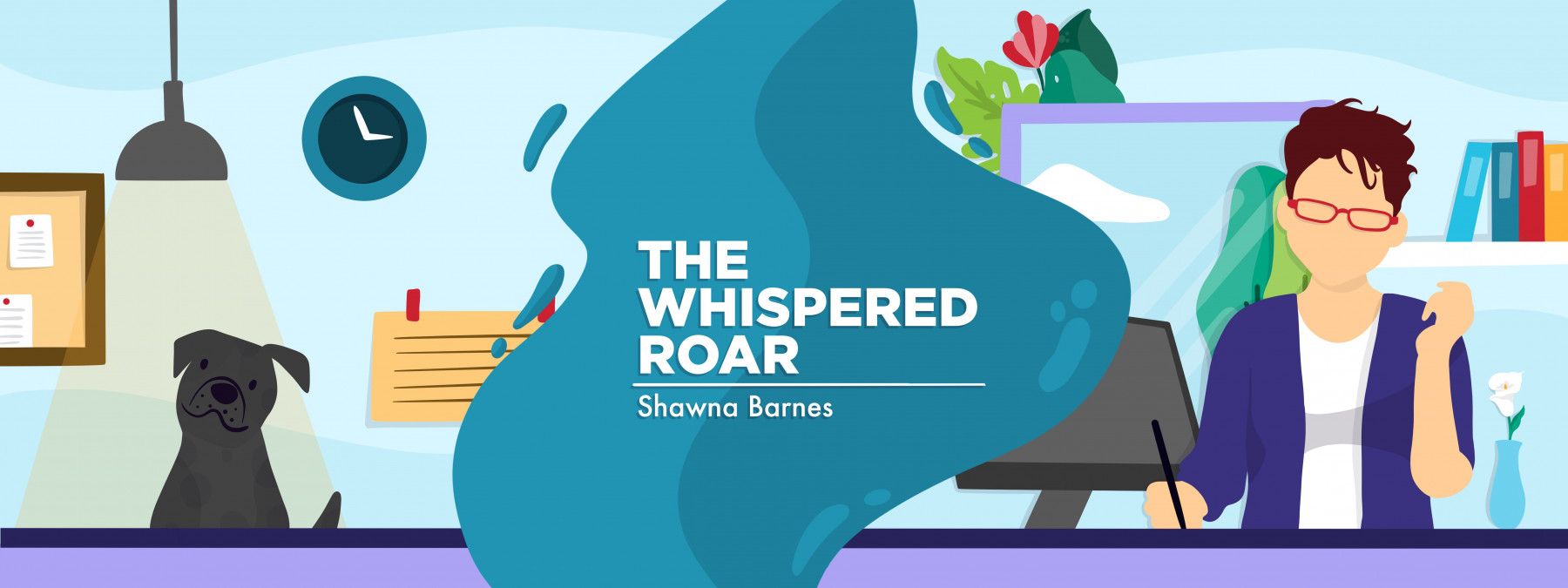How I’ve been fighting brain fog with games and passive listening
Whatever the connection to myasthenia gravis, my cognition has improved
Written by |

What’s that word again? You know, the thing where you can’t remember and your thoughts are fuzzy?
Oh yeah! Brain fog.
It may be anecdotal, but brain fog seems to be one of those symptoms that crosses the threshold for many autoimmune diseases. Myasthenia gravis (MG) is not immune to this complaint. I’ve experienced it, and I see complaints about its effects daily in my online communities.
I can’t say for certain if brain fog is specifically related to MG, but it’s common enough that I thought I’d share my experience with it and how I’ve turned it around.
When I got out of the U.S. Army in 2011, I had a neuropsychological evaluation to test my brain function. It confirmed that while my IQ remained the same as before my enlistment, I had marked cognitive decline. Enter brain fog.
I had trouble remembering short-term things: what I had for breakfast, if my husband had asked me to get or do something, passages I’d read in books. I tried going back to school for graphic design, which led to my first experience failing a class because I was unable to retain the information I was reading. I found myself reading the same lines over and over and over without comprehension.
I couldn’t read for enjoyment, either. As an avid reader before getting sick, this development was bothersome. I took it upon myself to dig into the medical journals I could still access to find help. A 2008 study showed improved cognition for those with Alzheimer’s who played brain games for a minimum of 20 minutes every day. I decided to give it a go.
I downloaded several different games on my phone that fell under the brain game umbrella: Sudoku, jigsaw puzzles, word games, Tetris, and more. I played one of these games every day for a minimum of 20 minutes. Many days I’d play for an hour or more.
Seeing positive results
It was slow going. Improvement snuck up on me. I realized the game playing was actually working by happenstance, as I was sculpting in my home studio and listening to an audiobook from “The Sorcerer’s Ring” series. I wasn’t really paying attention to the book; it was background noise.
My husband asked me what I’d been listening to, and to my surprise, I was able to summarize the book. I remember stopping amid the explanation with tears in my eyes as I realized I’d remembered what I’d been hearing. Something about the passive listening allowed my brain to bypass whatever was broken so I could retain that information.
This discovery was made about two years after I’d started playing brain games. I continued to passively listen to audiobooks and podcasts any time I worked in my studio. Every now and again, I’d try to read a book to see if I’d improved. It took 10 years, but I was finally able to start reading and retaining information again.
Much to my son’s dismay, the brain games began helping my short-term memory as well. After six or seven years of playing these games nearly every night, I was remembering things that I used to forget. It wasn’t so easy for him to pull a fast one on his mama during his teenage years.
We still don’t know if my brain fog is from myasthenia gravis or something else that happened during my deployment to Iraq. I have a myriad of health issues from that time in my life.
One thing I do know is that there’s no harm in trying. I’m just relating what I stumbled across, as it ended up helping me improve my quality of life. And at the end of the day, isn’t quality of life what it’s all about? It is for me.
What is your favorite brain game? Please offer your examples in the comments below.
Note: Myasthenia Gravis News is strictly a news and information website about the disease. It does not provide medical advice, diagnosis, or treatment. This content is not intended to be a substitute for professional medical advice, diagnosis, or treatment. Always seek the advice of your physician or other qualified health provider with any questions you may have regarding a medical condition. Never disregard professional medical advice or delay in seeking it because of something you have read on this website. The opinions expressed in this column are not those of Myasthenia Gravis News or its parent company, Bionews, and are intended to spark discussion about issues pertaining to myasthenia gravis.



Christine H
I've had MG for 24 years and also used to suffer from brain fog, most notably in the afternoons. Then I noticed that if I ate a sandwich for lunch I got the afternoon brain fog: if I ate a salad I did not. So I did some research and came across the book "Wheat Belly". In it, the author talks about the amounts of pesticides put on the wheat we eat. Actually, the wheat we most commonly consume is called "Clear Field Wheat" and if you go to their web site they brag about how much pesticides you can put on the ground and still have their wheat grow. So I switched to organic bread and organic flour. It has to be organic as opposed to not NGO because even if the wheat isn't NGO they still dump pesticides on it in the silos to keep the rats out (all of this is in the book). Anyway, after the switch, the brain fog went away, totally. I eat non organic flour now at times (like if I get a take out pizza) but pretty much eating organic bread took care of it. Thought I'd pass it on.